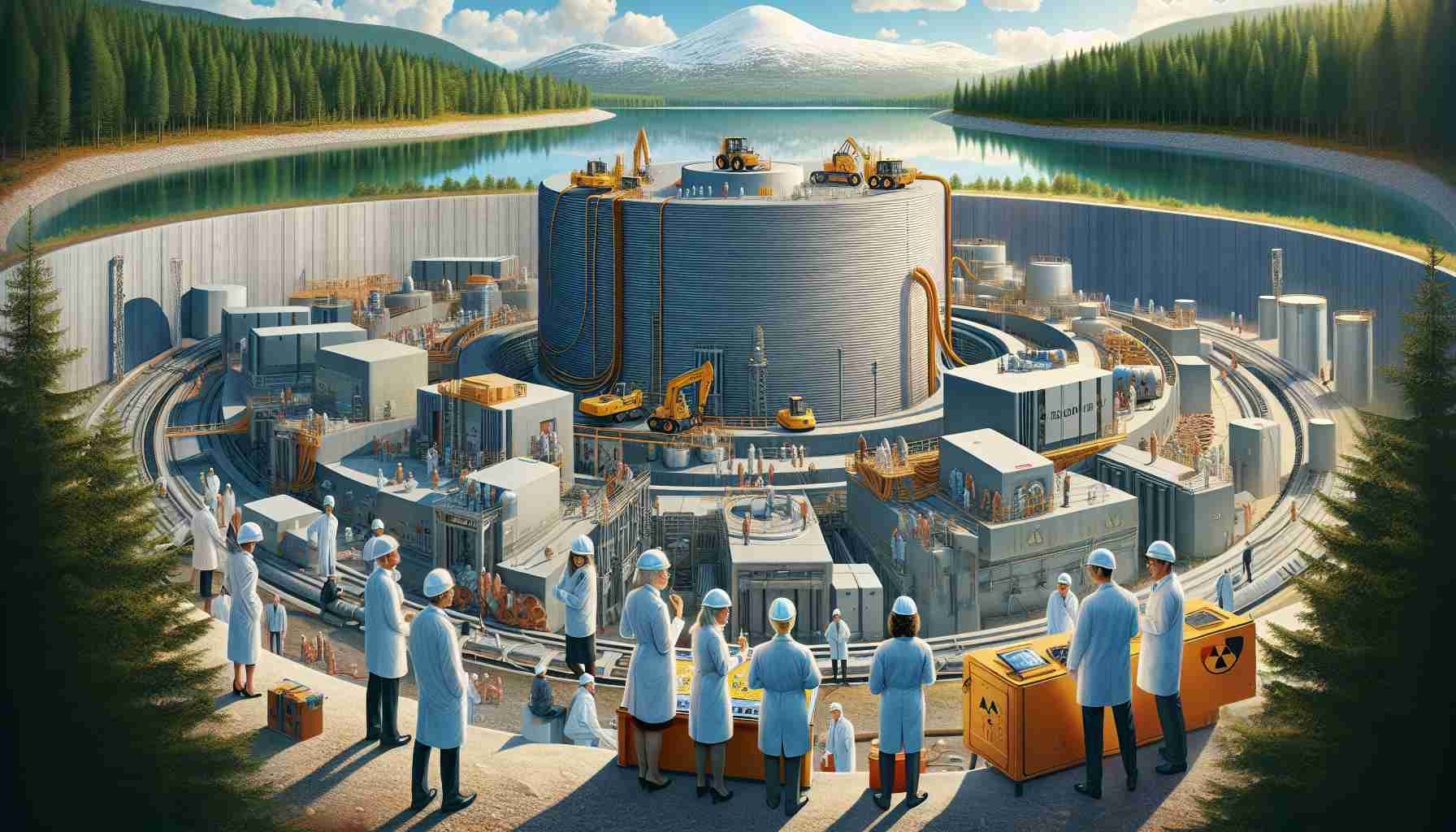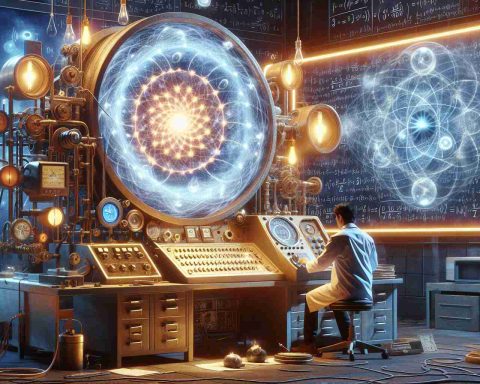- Chris Wright’s pending appointment as head of the U.S. Energy Department signals a shift towards increasing domestic energy production with a focus on LNG and nuclear power.
- Wright prioritizes the role of fossil fuels in reducing global poverty over climate change concerns, advocating for advancing energy systems despite challenges with new technologies.
- His engineering expertise from MIT informs his interest in small nuclear reactors and geothermal energy, although he is skeptical about the current viability of solar and wind power.
- Despite protests, Wright focuses on compassionate solutions to energy challenges, advocating for assertive policies backed by a predominantly Republican Senate.
- Wright’s leadership could redefine the energy market, emphasizing traditional sources and potentially deprioritizing renewable energy goals.
The anticipated appointment of Chris Wright as head of the U.S. Energy Department hints at a seismic shift in how America approaches energy policy. Wright, a seasoned leader from Liberty Energy, emphasizes a practical approach to boosting domestic energy output, with a particular focus on liquefied natural gas (LNG) and nuclear power.
At 60, Wright is not shying away from shaking up the status quo. He believes that fossil fuels play a crucial role in eradicating global poverty, a cause he considers more urgent than tackling climate change. His tenure as CEO has instilled in him the belief that while new technologies face hurdles, there’s an urgent need to advance our energy systems.
With a sharp engineering mind honed at MIT, where he delved into the intricacies of fusion energy, Wright aims for innovation. He envisions exploring small nuclear reactors and geothermal energy as viable alternatives to traditional fossil fuels. However, he remains skeptical about solar and wind power, believing they need significant technological breakthroughs before they can be relied upon.
Despite facing protests from fossil fuel detractors during his confirmation hearings, Wright advocates for compassionate and productive solutions rather than fear-based narratives, especially in the face of natural calamities like the Los Angeles wildfires.
As the Senate, predominantly Republican, leans towards his confirmation, Wright plans to join forces with cabinet members to streamline energy production and infrastructure. This sets the stage for an assertive energy agenda that might redefine the market landscape, focusing on traditional energy sources and potentially sidelining aggressive renewable energy goals.
In sum, Chris Wright is poised to lead a new era in U.S. energy policy, where his blend of industry experience and innovative zeal could chart a transformative path.
Chris Wright’s Vision for U.S. Energy Policy: A Paradigm Shift
As Chris Wright steps into the role of head of the U.S. Energy Department, his pragmatic approach signals a potential transformation in America’s energy strategy. With a career deeply rooted in the energy sector, Wright is set on boosting domestic production, especially through liquefied natural gas (LNG) and nuclear power. His leadership could mark a significant change in prioritizing energy resources.
Key Questions and Answers
1. What innovative technologies is Chris Wright likely to promote as head of the U.S. Energy Department?
Wright is an advocate for cutting-edge technologies in energy production. He emphasizes the potential of small nuclear reactors, known as Small Modular Reactors (SMRs), which offer a more flexible and cost-effective nuclear power solution. Additionally, geothermal energy could become a focal point under his leadership, providing a steady and sustainable energy source. Wright’s engineering background, particularly his experiences with fusion energy at MIT, may also inspire further exploration into advanced nuclear research. Despite his skepticism toward solar and wind energy, if technological breakthroughs occur, these renewable resources might still play a role in the future under his guidance.
2. How might Chris Wright’s appointment affect the balance between fossil fuels and renewable energy in U.S. policy?
With Wright’s prioritization of fossil fuels to address global poverty and his practical industry experience, it is likely that traditional energy resources will see a boost in support. His stance could potentially sideline immediate aggressive renewable goals, creating controversy among environmental advocates. However, Wright’s approach is not entirely dismissive of renewables; he supports technological advancements that could enhance their reliability and efficiency. The strategic focus may shift to ensuring stable energy sources while maintaining readiness to integrate renewables as technology progresses.
3. What are the potential market implications of Wright’s leadership in the energy sector?
Wright’s vision for an assertive energy agenda, including reinforcing infrastructure and production capabilities, may lead to increased investment in LNG and nuclear sectors. This realignment could stabilize and even lower energy prices domestically while enhancing energy independence. For investors, this shift could present lucrative opportunities in traditional energy markets as confidence in these sectors grows. Conversely, it might temporarily slow investment in solar and wind technologies unless there is significant innovation. Ultimately, Wright’s leadership may redefine market dynamics, balancing economic growth with evolving energy demands.
Relevant Links
For further insights into the evolving landscape of energy policy and technology, consider exploring:
– U.S. Department of Energy
– Liberty Energy
The source of the article is from the blog queerfeed.com.br














